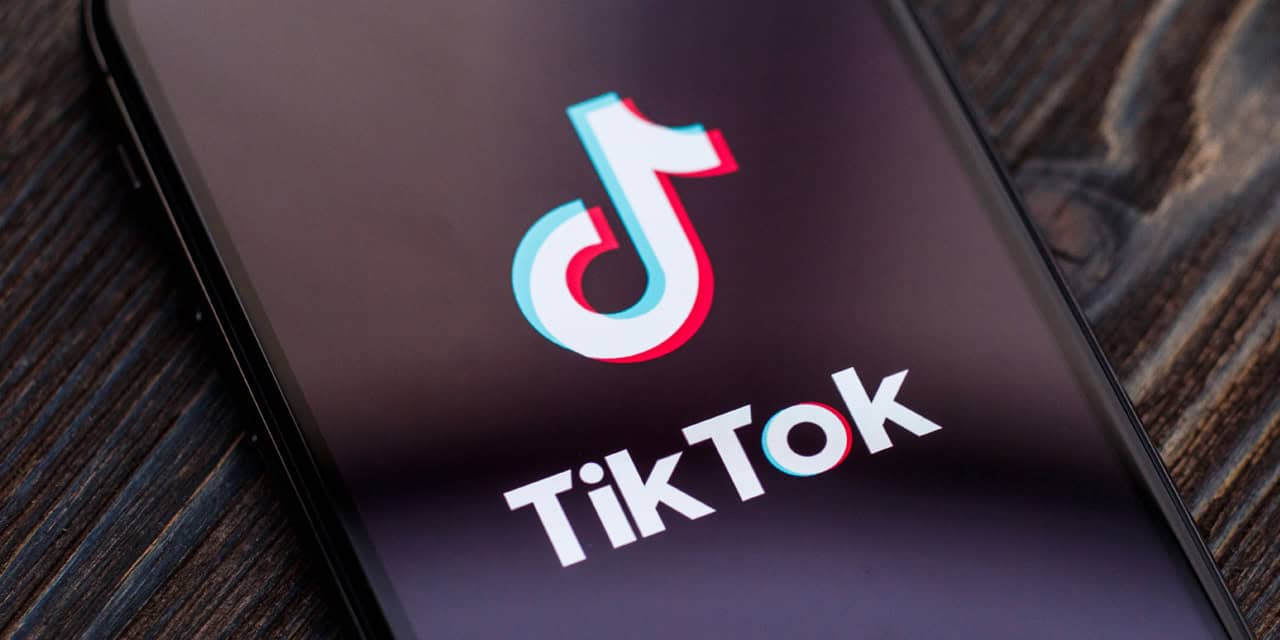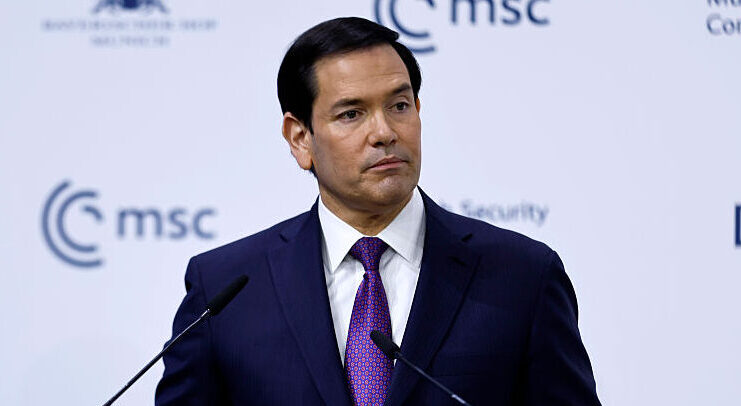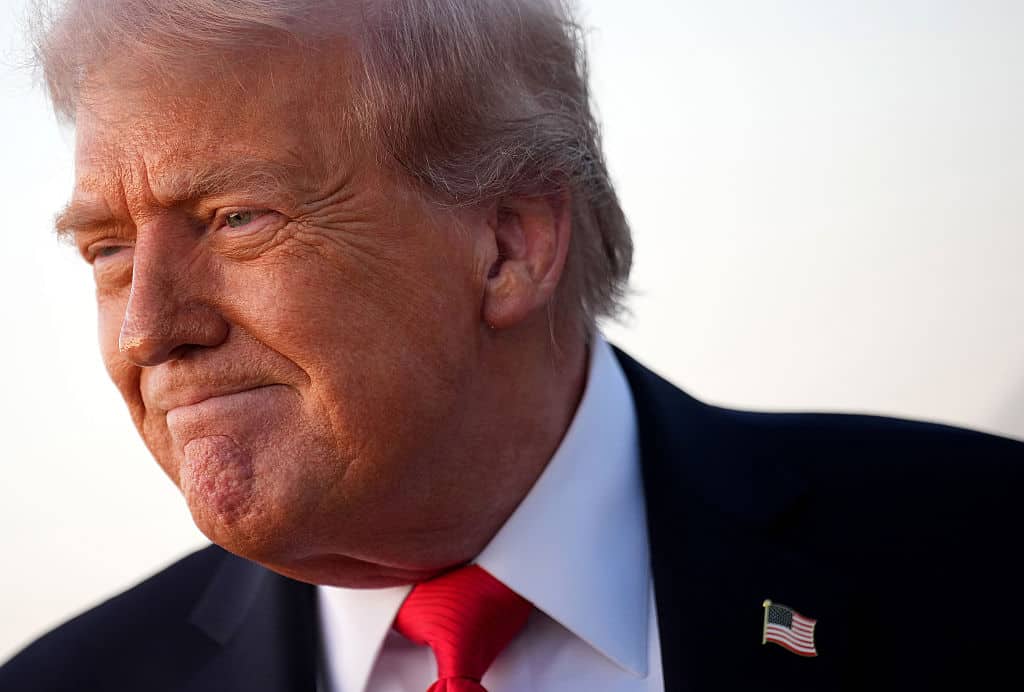Is China Spying on Your Children Through TikTok? Secretary of State Mike Pompeo Thinks So

In a shock to many social media loving teens, the United States is considering banning several Chinese social media apps, including the popular TikTok.
Social media apps like Facebook, Instagram, YouTube, Twitter, Snapchat, TikTok, and others have become a staple of the youth culture in the United States. But the Department of State Secretary, Mike Pompeo, is looking at banning some of these incredibly popular apps due to their connection to Chinese based companies and, by extension, the Chinese Communist Party.
On the Laura Ingraham show, Secretary Pompeo said, “With respect to Chinese apps on people’s cell phones, I can assure you the United States will get this one right too, Laura. I don’t want to get out in front of the President [Donald Trump], but it’s something we’re looking at.”
He also said that “people should only download the app ‘if you want your private information in the hands of the Chinese Communist Party.’”
India, which has the second most downloads outside of China, recently banned Tiktok and other Chinese based apps citing a “threat to sovereignty and integrity.”
A Tiktok spokesperson said, “TikTok is led by an American CEO, with hundreds of employees and key leaders across safety, security, product, and public policy here in the U.S. We have no higher priority than promoting a safe and secure app experience for our users. We have never provided user data to the Chinese government, nor would we do so if asked.”
However, there is no doubt that technology and information warfare is now a large part of the political, economic, and military landscape, especially when it comes to China’s desire to become the world’s sole superpower.
An app like Tiktok may seem harmless, but there is no doubt that China’s Communist Party holds tight control over information, businesses, and nearly every aspect of life in the country. There would be few options for TikTok if the government demanded information on U.S. citizens using the app.
In a Bloomberg report, China has been increasingly exercising control over state-owned businesses for years. New rules, published in early 2020, apparently state in part that the “wholly or majority of state-owned companies must ‘integrate party leadership into every part of company governance.’” The desire to exert more control over these state-controlled companies, and eliminate waste and corruption, started in 2015.
This increasing control has extended to privately owned businesses as well, which makes up 15% of the 109 Chinese companies list on the Fortune Global 500.
A study, conducted by U.S. economist, Nicholas Lardy, recently concluded, “Since 2012, private, market-driven growth has given way to a resurgence of the role of the state.”
Huawei, a Chinese smartphone and telecommunications equipment company that may or may not be owned by China (the ownership is unclear per The New York Times), has been at the center of a diplomatic row after Canadian officials agreed to arrest its chief financial officer in the country at the request of the United States. In February, the Department of Justice (DOJ) filed charges against Huawei and Wanzhou for “racketeering and conspiring to steal American trade secrets.” According to the DOJ, the effort to “steal the intellectual property of U.S. businesses” has been going on for more than 20 years.
The Guardian also reports that a new national intelligence law requires that “any organization and citizen” must “support and cooperate in national intelligence work.”
In reality, there really aren’t any “private” companies in China.
The social media platform has already stopped operations in Hong Kong as the Chinese imposed new security laws that would “ban treason, secession, sedition, and subversion in the semi-autonomous city.” In 2019, pro-democracy protests reigned in Hong Kong, and this decision by TikTok shows favoritism towards China and will make it more difficult for the protestors to share their message.
Watching kids enjoy creating lip-syncing videos to music is fun and entertaining, but is China also spying on your family through the app? That’s a distinct possibility. And if they aren’t now, they may be in the future.
Photo from XanderSt / Shutterstock.com
Visit our Election 2020 page
ABOUT THE AUTHOR
Brittany Raymer serves as a policy analyst at Focus on the Family, researching and writing about abortion, assisted suicide, bioethics and a variety of other issues involving the sanctity of human life and broader social issues. She regularly contributes articles to The Daily Citizen and has written op-eds published in The Christian Post and The Washington Examiner. Previously, Raymer worked at Samaritan’s Purse in several roles involving research, social media and web content management. While there, she also contributed research for congressional testimonies and assisted with the Ebola crisis response. Raymer earned a bachelor of arts in history at Seattle Pacific University and completed a master’s degree in history at Liberty University in Virginia. She lives in Colorado Springs with her beloved Yorkie-Poo, Pippa.
Related Posts

10 Quotes from Secretary of State Marco Rubio’s Munich Address
February 16, 2026

Female Athletes Beg California Interscholastic Federation to Keep Boys Out of Girls Sports and Locker Rooms
February 16, 2026

On Presidents Day, Pray for President Trump
February 16, 2026

The Refreshing Patriotism of Olympian Jasmine Jones
February 13, 2026
